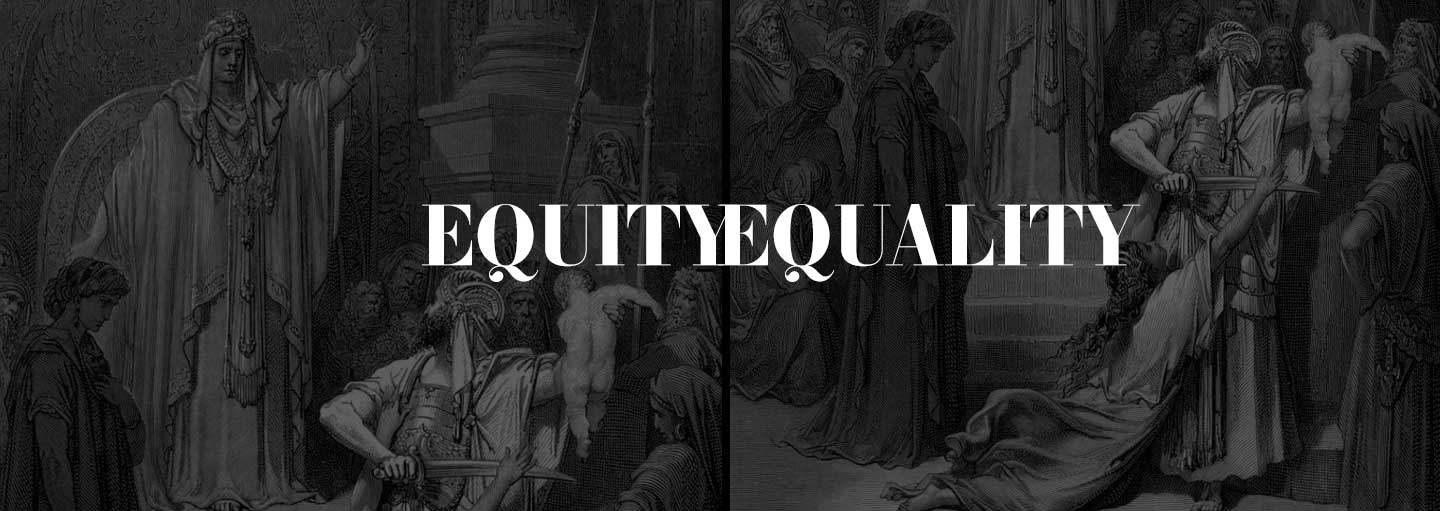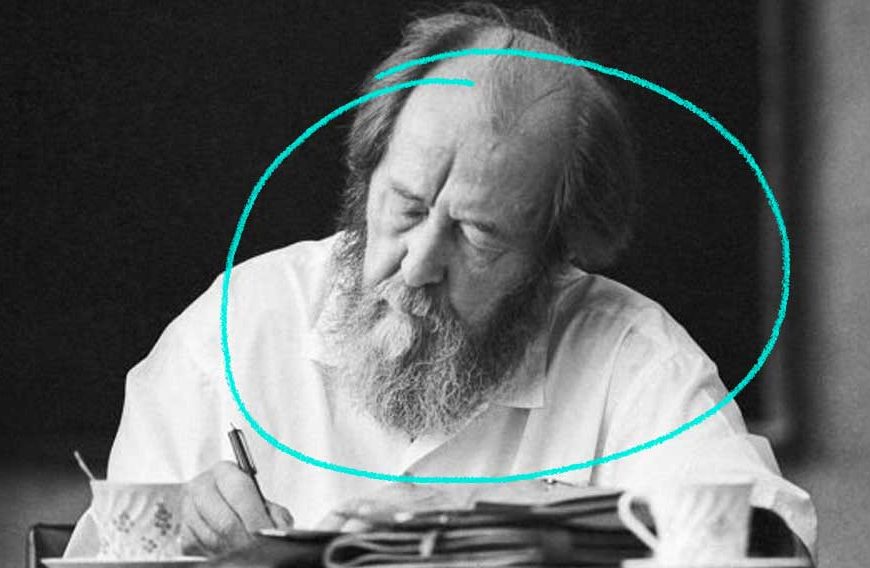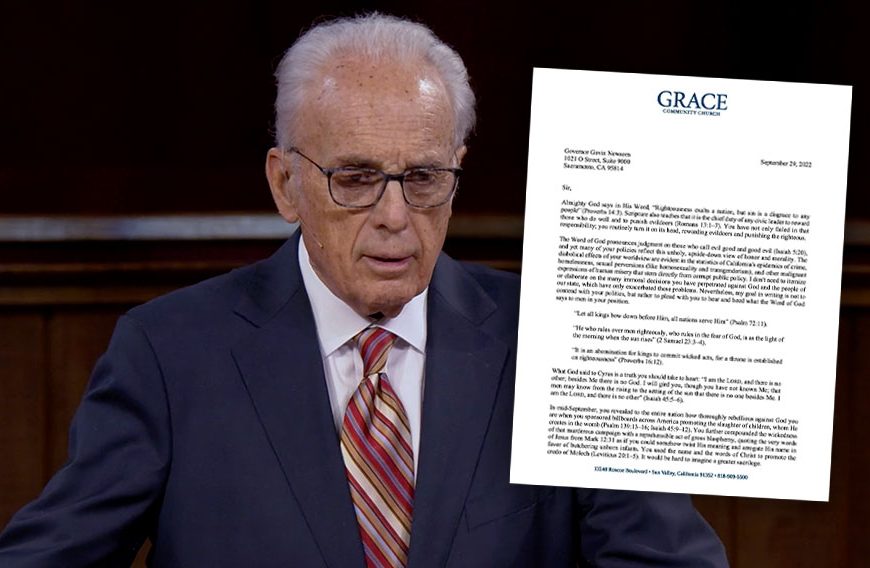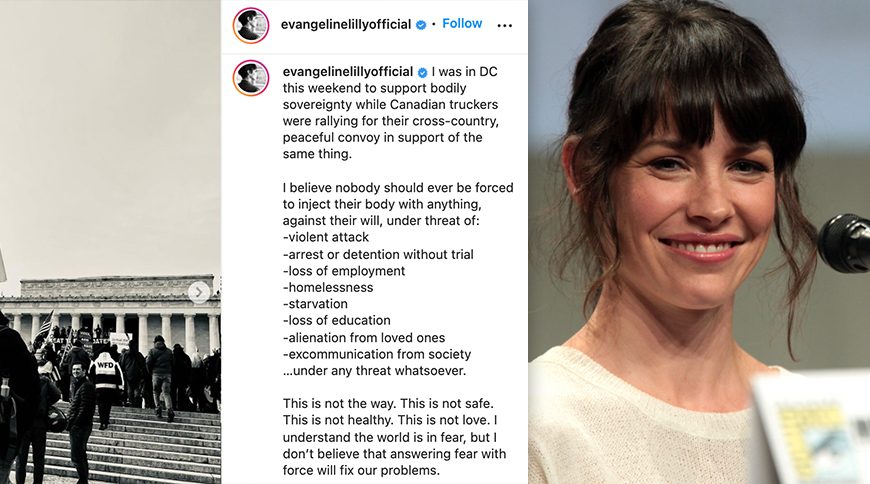The Old Testament provides an excellent, though rather disturbing, example of the distinction between equity and equality. It is found in 1 Kings 3:16-28, wherein is the account of two mothers, both of whom are prostitutes (v. 16), who went to King Solomon to settle a dispute between them involving two babies: one dead, one living.
As the situation unfolds, it becomes apparent that the two discordant women possess vastly contrasting paradigms of what justice is. One viewed it in terms of outcome (equality), whereas the other viewed it in terms of truth (equity).
In the end, King Solomon judged with equity, not equality, a decision that subsequently garnered him great acclaim throughout the nation of Israel (v. 28). King Solomon chose equity over equality knowing fully that his decision would mean one of the two maternal petitioners who stood before him would depart from his presence childless.
King Solomon understood that his primary responsibility was to God and, as such, that he should judge his people—the small and the great—on the basis of objective truth, not subjective outcomes (Deuteronomy 1:17; 1 Kings 3:9).
And yet interestingly, if not ironically, therein lies the rub for many social justice equalitarians today, namely, that equity is no guarantee of outcome, and for social justice equalitarians outcome is everything—everything.
“It is a wretched plight for a nation to be in when its justices know no justice, and its judges are devoid of judgment.” — Charles Haddon Spurgeon
The first occurrence of the word equity in Scripture is in Psalm 9:8, where the psalmist, speaking of God, declares: “And He will judge the world in righteousness; He will execute judgment for the peoples with equity.”
The word equity in Psalm 9:8 is the Hebrew noun meyshar (מֵישָׁר). It is an architectural term that denotes straightness, levelness, and evenness in measurement. The word carries with it the concept of judging with a straight line, one that is devoid of ethical or moral defects, irregularities, or deformities, such as partiality, prejudice, or bias. As John Calvin states in his Institutes of the Christian Religion:
“In all laws, we must bear these two things in mind: what the law prescribes, and how equitable it is, for it is on equity that the law’s prescription rests. Since equity is natural it is inevitably the same for all peoples. Thus all the laws on earth, whatever their particular concern, should be about equity. As for the law’s regulations or prescriptions, because they are conditioned by circumstances on which they partly depend, there is no reason why they should not be different, provided they are all directed to the goal of equity. Now as God’s law, which we call moral, essentially bears witness to the natural law and to conscience which our Lord has imprinted on the hearts of all men—Romans 1:19—there is no doubt that the equity of which we now speak is wholly revealed in natural law. That is why equity must be the goal, the rule, and the finality of all laws.”
There are professing Christians today, particularly in America, who, under the guise of “justice,” are proffering a “gospel” of equality over and above a gospel of equity. That reality has become increasingly evident given the current socio-political milieu in which equality, not equity, is regarded as the highest standard of biblical probity and virtue.
But for King Solomon to have employed that kind of judicial hermeneutic and resolved the dispute that was before him through a deliberate or premeditated bias toward equality, rather than equity, would have been to distort justice (Deuteronomy 16:19-20).
How could it possibly have been justice to divide a living baby in two on the basis of accusation and not truth?
“In a crooked mind even the right thing becomes crooked.” — Arsenie Boca
True—biblical—equality means that each person and situation is judged with equity, not partiality.
Truth always must be the goal, not outcomes.
Partiality inherently involves prejudice, and God has expressly commanded in His Word that His people are to not harbor such sinful bias in their hearts (James 2:9).
Equity seeks first to discern what is objectively true and, subsequently, to render a ruling or verdict solely on that basis. Equality, on the other hand, prioritizes pursuing a desired or preferred outcome without regard to that which is objectively true.
Scripture teaches that the providence of God reigns over all outcomes and judgments that come to pass in this world (Proverbs 16:33). So even when the outcome of a disputed matter is not what you or I may have desired, as believers in an altogether holy, just, and righteous God, we remain steadfast in the hope that one day all wrongs will be made right—just as God, who cannot lie, has promised (Leviticus 19:18; Romans 12:19; Colossians 3:25; 2 Thessalonians 1:6-9; 1 Timothy 5:24; Revelation 7:16-17).
“Let my judgment come forth from Your presence; let your eyes look with equity.” — Psalm 17:2 (NASB)
Biblical justice is first and foremost a matter of equity, not equality (Proverbs 2:9). There is a distinction to be made between the two and it is not an insignificant one.
Any concept of equality that is not fundamentally rooted in equity can never be regarded as justice.
Followers of Jesus Christ are to judge with truth in mind, not outcome. That principle is emphasized by Jesus Himself in John 7:24, where He says, “Do not judge according to appearance, but judge with righteous judgment.”
King Solomon applied that principle in his dealings with the two women in 1 Kings 3. His righteous judgment was rendered not on the basis of emotional pleadings subjective presuppositions, but on objective and impartial truth, even though for one of the two women who entreated him the outcome would be other than what she desired.
Believers in Christ are to judge with equity and leave any consequences to an omniscient and omnipotent God who alone is sovereign over all outcomes.


















